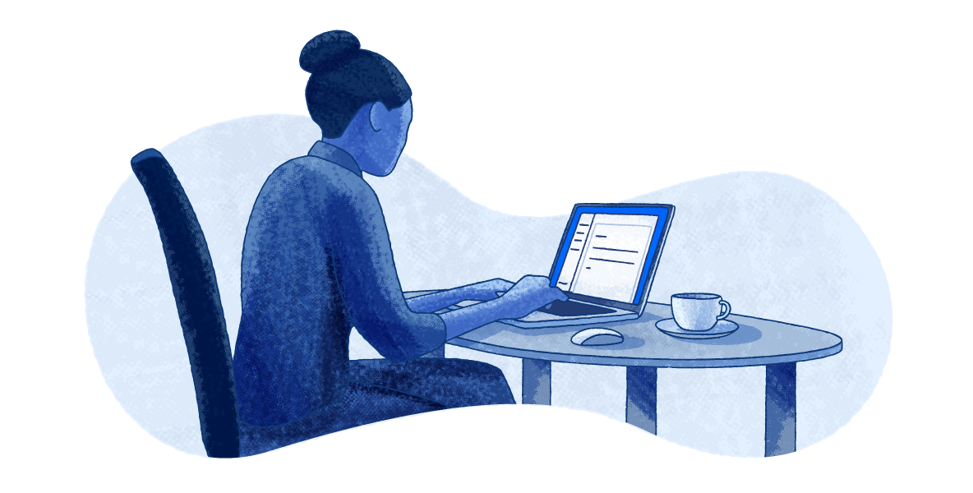If you want to stand out from the competition in the job application process, you should write a follow-up email to thank your interviewer within 24 hours of the interview. It’s surprising that 91% of employers like to recieve follow-up thank you emails even though 57% of candidates don’t send them. This shows the importance of following up and how it can keep you at the forefront of the hiring manager’s mind.
What to include in a follow-up email
But what is a follow-up email and why is sending one so important? A follow-up email after an interview does three things: first, it shows gratitude to the interviewer. Second, it reiterates your interest in the job or tell them why you’re a good fit. Last but definitely not least, it should offer more documents or details about your experience! Tackle these three elements in your follow-up email to ensure that you’re among the top candidates for the role. Also, if you had multiple interviewers, you should send a personalized follow-up email to each one.

For an example of what your follow-up email should look like, read this template you can customize with your own information.
Dear [Interviewer Name],
Thank you for taking the time to speak with me regarding the [Position Name] role on [Date of Interview].
After learning more about the position, I am positive that my passion and work ethic will be a valuable asset to [Company Name] in the [Industry] department. I have multiple years of experience in [Industry] through my work with [Previous Company Name], which I believe will help me excel at a firm such as yours.
If you should require any additional documentation of my credentials, please do not hesitate to reach out.
Sincerely,
[Your Name]
Don’t feel confined to the above template! Feel free to add personalization such as a topic you covered in the interview that you wanted to talk more about such as your portfolio project or the interviewer’s background in the field. Think outside of the box so that the recruiter remembers you.
How to write your subject line
Another important part of your email is the subject line. Recruiters and hiring managers receive hundreds of emails a day, so make sure your subject line is clear and concise to increase your chances of getting noticed. Below are examples of subject lines you can use for your job interview follow-up.
- Thanks for your time today, [Interviewer Name]
- Great speaking with you today
- Follow-up regarding [Position Name] interview
- [Company Name] [Position Name] interview follow-up
- Interview status follow-up
- [Position Name] Interview
- [Position Name] Interview follow-up
- Following up regarding [Position Name] interview
Wrapping up: Do’s and Don’ts for a successful follow-up email
Before you hit send, make sure to read the do’s and don’ts we’ve detailed below in order to ensure your success in the hiring market.
- Do make sure to say anything you may have not mentioned in the interview.
- Don’t brag about your achievements out of context.
- Do keep your email brief so it’s more likely to be read.
- Don’t press the hiring team to give you a decision quickly.
- Do use a positive tone and attitude in order to show your best self.
- Don’t send an unedited email with grammar or spelling mistakes.
- Do use the interviewer’s name in the greeting to show personalization.
- Don’t send the follow-up email immediately after the interview.
- Do send your email within 24 hours of the interview.
Now that you know how to write a successful follow-up email, check out this infographic from AngelList detailing the importance of writing thank-you notes.
